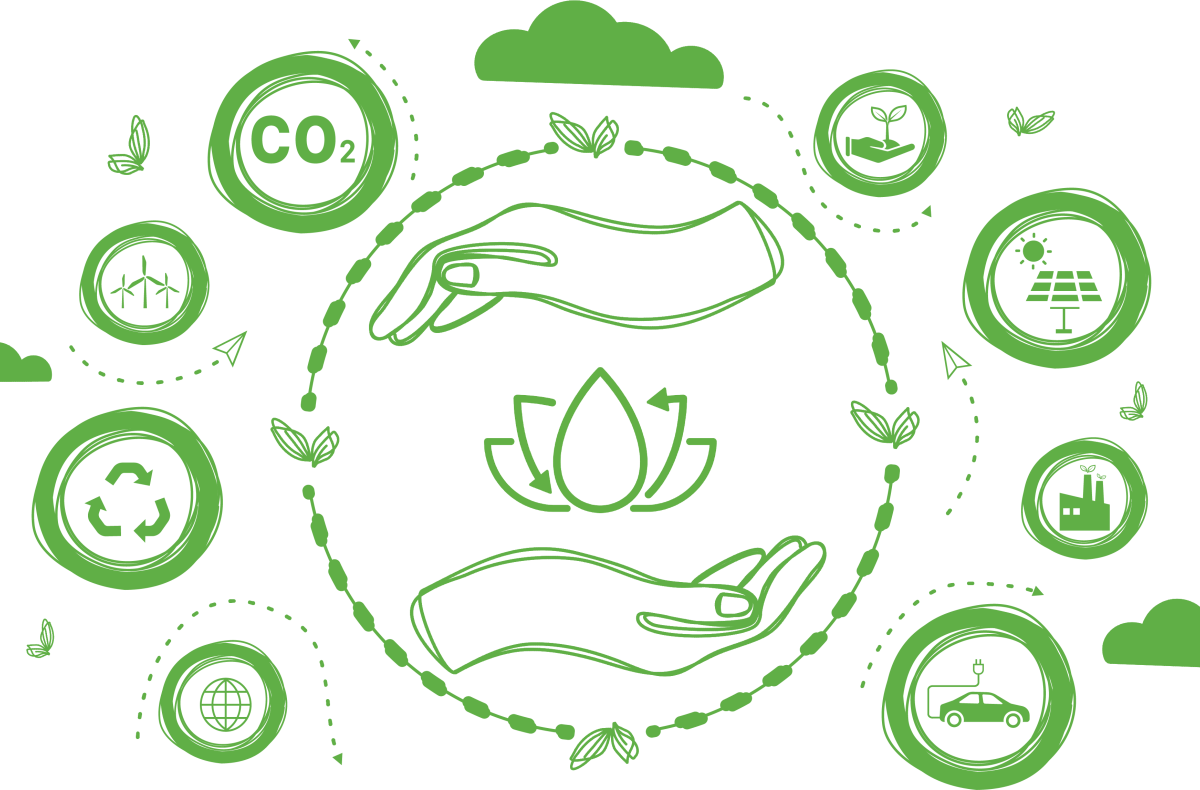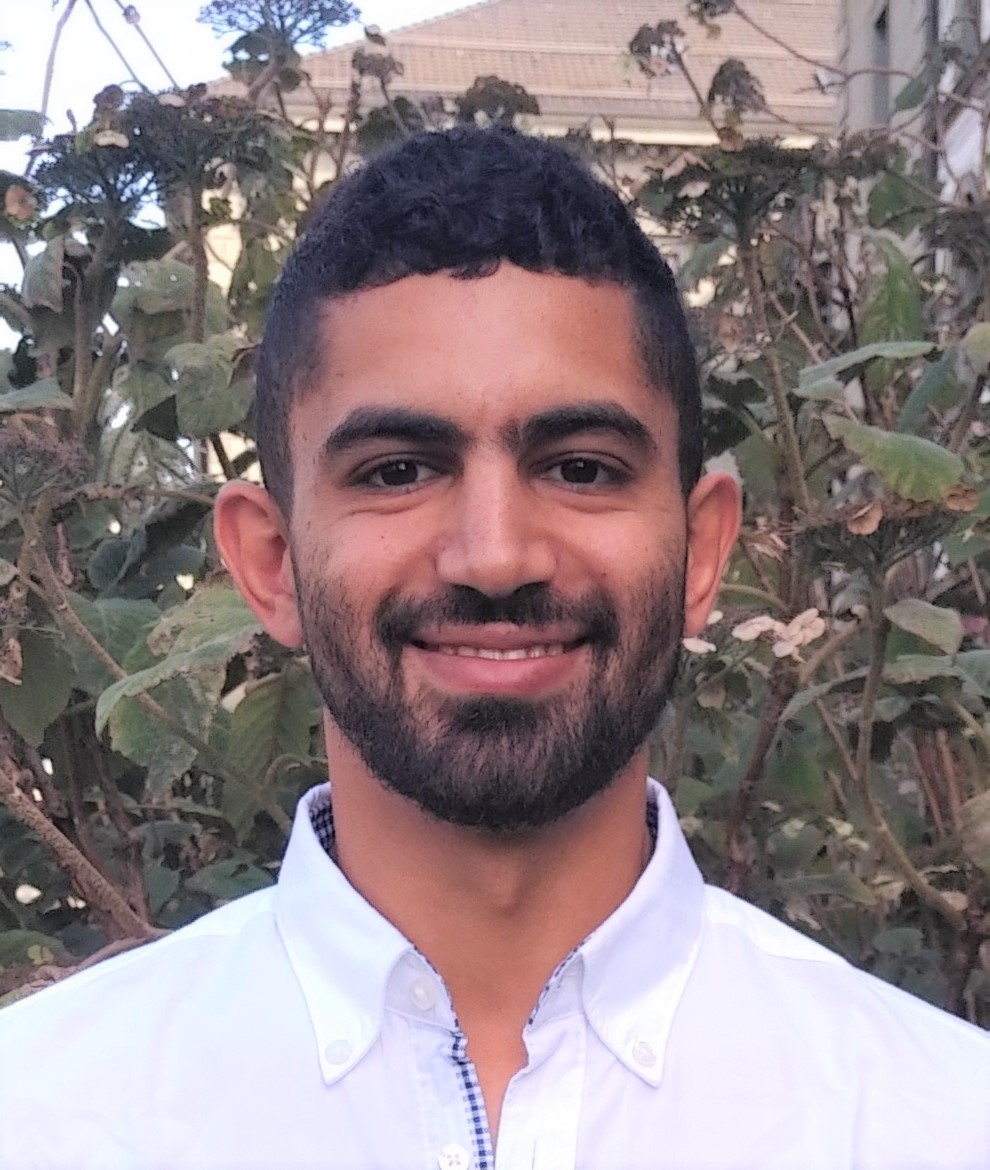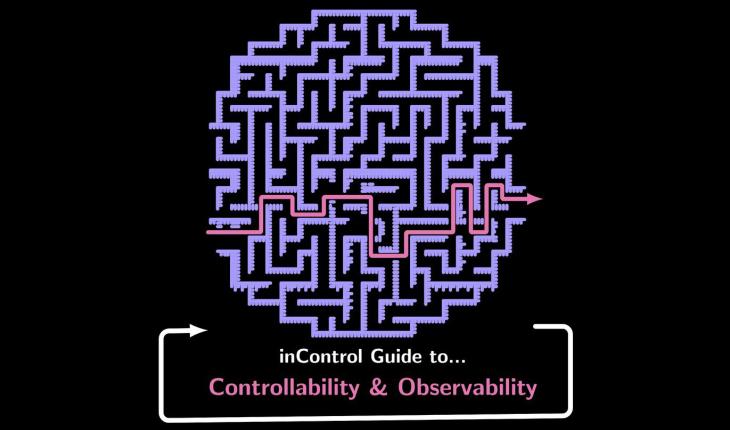Just Good CARMA: How we’re driving fair and efficient mobility

The thing about traffic jams is that nobody wants to be there – but everybody wants to be on the road. In response, some cities have introduced express lanes that offer road users the option of paying a toll to avoid the delays. Others have created congestion zones, trying to keep drivers out of the worst affected areas entirely by charging a fee. However, both of these solutions disproportionately favour the wealthy, for whom the charges are not much of a disincentive. Researchers at ETH Zürich and the NCCR Automation have developed an alternative approach, which they are calling CARMA.
The raft or the bridge crossing?
“Before there was money, people were used to trading favours. In a sense, the economies in the small villages of old were based on karma – the belief that good deeds towards others would be reciprocated in the future,” argues study lead author Ezzat Elokda.

and IDSC, ETH Zurich.
“This system ensured that access to scarce goods or services was evenly distributed. For instance, in an old town split in two by a river, a raft could be left in the centre to spare residents having to walk to a distant bridge, with residents free to negotiate fair use of the raft based on favours and reputation. Anyone can use it, but the system breaks down if someone tries to overly exploit the raft for their own use. There is no room for selfishness.”
But in today’s metropolis, in which a complex web of public resources is shared by millions of strangers, self-interest rules the day. When millions of drivers make individualistic choices based on their own convenience, such as taking the motorway to work, no one road user can be blamed for taking anything away from another – but the resulting traffic jam is harmful to everyone.
In order to enable users of resources such as roads to share benefits even-handedly, the researchers had to develop a framework that allowed users to indirectly negotiate with each other. It also had to act as a collective community memory to keep track of the favours traded. The team therefore formalized what they call the karma economy, as a sophisticated game-theoretical model that mathematically guarantees an equitable outcome. They then used this model to design an automated system to allocate express lane access without payment, which they call CARMA.

Study co-author Dr Carlo Cenedese explains: “Every user of the scarce good or service – in this case, the express lane of a highway – gets the same initial number of CARMA points. Each day, users can bid their points to access express lanes. Those who win transfer their points to those who come up empty and therefore have to use the regular lanes. So, through this automated process, one day’s losers immediately get better chances of success in the next bidding round. It protects the scarcity of the resource (so that the express lane doesn’t get clogged up) without privileging the rich.” With thorough simulations, the team was able to show that their CARMA model not only works in principle, but also provides measurable advantages over a money-based tolling system. “Not only does our model reduce congestion to the same extent as tolls, it also provides equitable access to fast lanes. In other words, it is fair and efficient,” says Carlo.
Tested in the real world

To test CARMA in practice, the team collaborated with architects in China to design an art installation called Chip-the-Trip as part of the Shenzhen Biennale of Urbanism & Architecture 2022. (See video below for a peek at the installation.) As study co-author Dr Kenan Zhang elaborates: "We integrate the bidding process into the installation via a mobile app. When entering the installation, visitors are asked via the app to choose between three modes of transport: private car, public transport, and walking or cycling. To bring the experience closer to real-world conditions, five different travel scenarios, ranging from weekday morning commute to weekend family gathering, are randomly generated for each visitor."
If visitors choose to drive, they must go through the bidding process with their initial budget of CARMA points. Those who opt for public transport are exempt, and those who walk or cycle collect points for future journeys. Depending on the chosen mode of transport, visitors move through the installation along different paths that are underpinned with corresponding visual and acoustic effects. "The data collected via the app will give us an initial understanding of how people react to the CARMA mobility system," says Kenan.
Over the three-month exhibition period, around 200 visitors actively participated in the CARMA exhibition. As expected, visitors bid the most CARMA points for their morning commute trips (30% of total bids). Meanwhile, most visitors chose walking for short-distance and/or leisure trips (e.g., from the office to a nearby sport stadium after work). Interestingly, the fiercest competition is not observed in the morning commute, but in the scenario of a Friday outing with friends. Further, the distribution of CARMA bids is quite diverse: some spend their CARMA points aggressively while others simply choose to walk most of the time. These findings offer a glimpse on the diversity of preferences in modern society and show that CARMA is a fair and effective means of accommodating these preferences.
Immagine
| Immagine
| Immagine
|
Read more:
The study’s results were presented at the Transportation Research Board Annual Meeting 2023 and the INFORMS Transportation Science and Logistics Conference 2023.
The karma economic model is described in general here. See also slides.




